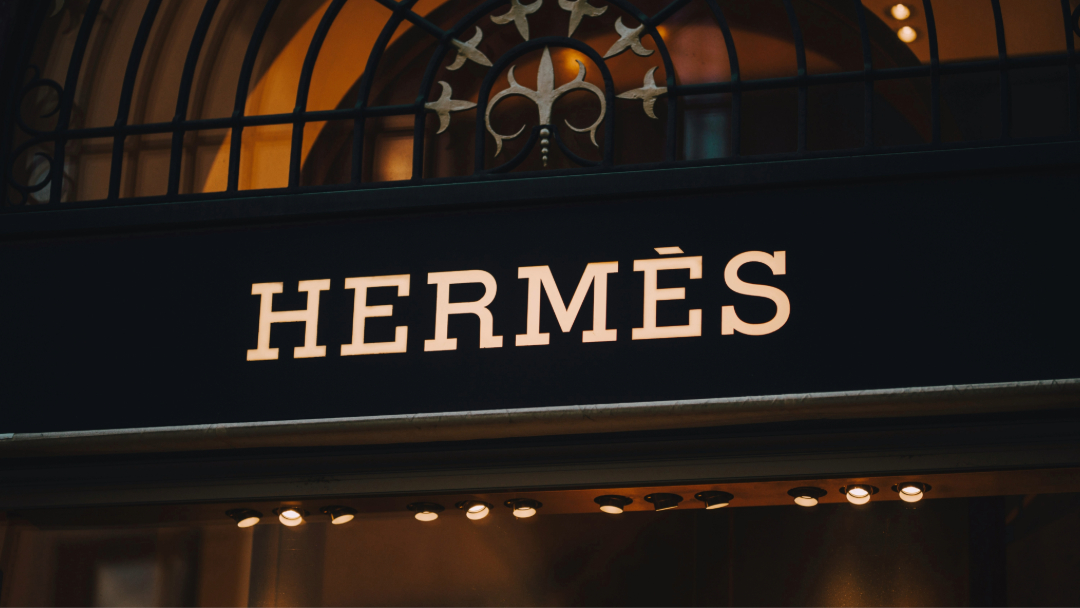From environmental concerns to a new wave of minimalism, wealthy consumers are shifting toward the economy of sharing rather than the absolute ownership of luxury goods.

The Simple Life
The property market is bearing a new generation of consumers driven to downsize and simplify their lives. With the financial challenges young people now face to own a home, consumers are seen to be living in smaller and smaller apartments, or alternatively renting or sharing with others for longer into their adult life as they seek to step onto the property ladder. In the UK, with ever-shrinking home sizes and newly built living spaces now limited to an average of 67.8 square metres, home sizes and space has hit the lowest that it has been in 90 years. Newly built homes are now approximately 18 percent smaller than they were in the 1970s. The popularity and adoption of Marie Kondo’s “does it fill you with joy?” feng shui lifestyle, fused with greater price accessibility to minimal Scandinavian design and furniture such as IKEA and Made.com, has seen a slimmed down approach to living becoming the new norm. Home-life is simply becoming more compact and increasingly modular, to adapt to consumers’ limited living quarters.
The rise in the sharing economy is further fuelled by the modern consumers’ desire to gain meaningful experiences through each spend. Connecting with others and feeling part of a community is something that sharing platforms provide naturally, cultivating an exchange which is more than simply transactional. The potential to have a transformative effect on one’s being, to engage in local culture or share in an experience can be provided by platforms that bring people together over shared items. For instance, renting a shared community car not only reduces your green-house emissions, but also connects you to your neighbours, those living around you. Using Air BnB provides the opportunity to meet new people, make connections, and create shared stories. Renting art-work gives an artist’s work greater visibility; adding cultural value, whilst also providing short-term art solutions for the recipient of the work. There’s a connectivity factor in sharing that can’t easily be replicated by a traditional retail spend.
Furthermore, the consumer now has a way to protest the disposable nature of fast fashion and endless trend cycles, by choosing to rent or share their clothing instead. The consumer can now rotate their wardrobe guilt-free, or shop for items knowing there are ways to pass on the items once they’re no longer needed. It’s a feel good, sustainable spend. Hiring an outfit or garment from Rent the Runway or peer-to-peer sharing sites such as CREASE, Hurr and Panoply, are moving to satisfy this need. Equipping many with the chance to maximise their social media wardrobe, whilst satisfying their environmental concerns.
Mindful Consumption
“Luxury fashion is now heading more towards access than ownership. With the climate crisis rising, people are becoming more aware of how detrimental the fashion industry is for the environment and looking for alternatives to fast fashion,” Georgie Hyatt, Co-Founder & CEO of Rotaro, a new clothing rental site featuring an array of covetable Scandinavian designers says. “Luxury fashion rental is a solution to the buying once, wearing once mentality. Rotaro’s mission is to challenge our communities perceptions about fashion and ownership, and to transform the rental fashion landscape by providing latest season contemporary brands with incredibly quick (same day available) service, whilst being a more mindful way to consume fashion.”
This November, American department store Nordstrom formed a partnership with Rent the Runaway to increase the number of drop-box locations allowing renters to drop their clothing items back to Nordstrom stores around America. This newly founded partnership also has plans to design and create products together and incorporate Nordstrom inventory into the Rent the Runway platform. It’s a perfect example of how a retailer or brand might embrace this burgeoning trend and work with, and alongside, rental platforms rather than seeking to compete with them.
So now begs the question, why own when one can rent? Use something for a period of time, enjoy, and then return or exchange for something else. Less has certainly become the new more. The consumer view on the status behind possession is shifting. Their notion of ownership is changing too. Brands would be wise to understand this.
Cover image credit: Rotaro.










